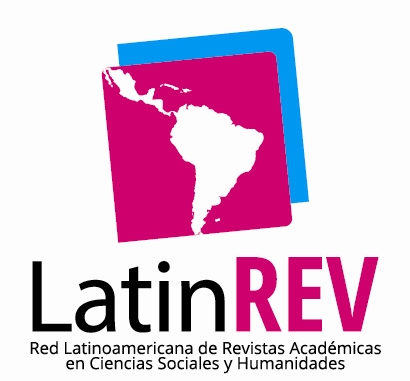Rural tourism. Public-private interaction
DOI:
https://doi.org/10.5281/zenodo.14502049Keywords:
trabajo grupal, desarrollo local, inversiones alternativasAbstract
Ramona, a town in the central west of Santa Fe. Since the nineties, Rural Change groups have stood out in associationism, motivating local actors to propose alternatives for development. From there, data was collected with a descriptive exploratory methodology. In 2006, the Commune joined the Rural Tourism Program, forming a group with people and organizations from different sectors and a professional technician; generating rural day-trip tourism. In 2008, educational tourism for primary schools and kindergartens. In 2010, neighboring localities joined the project, promoting Religious Rural Tourism. In 2012, the government of Santa Fe launched the “Ruta de la Leche” (Milk Road) including Ramona. When the proposal was consolidated and the group established, the Commune inserted Rural Tourism into the government plan, becoming a “state policy”. In 2019, new actors and investors joined, increasing public-private interaction. The communal historical museum organized ten (10) thematic rooms with live characters, and local guides (all members of the organization). Private investments: “El Vasquito” with horseback riding and skills, boarded herds, carriage rides, talks about gaucho traditions and typical foods. “El Puerto Green and Farm” a country inn made of recycled marine containers, with a country breakfast and more than thirty (30) beds. The province declares Ramona “Pueblo Único” (Unique Town) and hosts the “Tourist Hosts” training. The objective of this article is to show the benefits of public-private interaction in the development of the territory.
Downloads

Downloads
Published
Versions
- 2024-12-20 (3)
- 2024-12-18 (2)
- 2024-12-18 (1)
Issue
Section
License
Copyright (c) 2024 Fundamentos

This work is licensed under a Creative Commons Attribution-NonCommercial-ShareAlike 4.0 International License.





